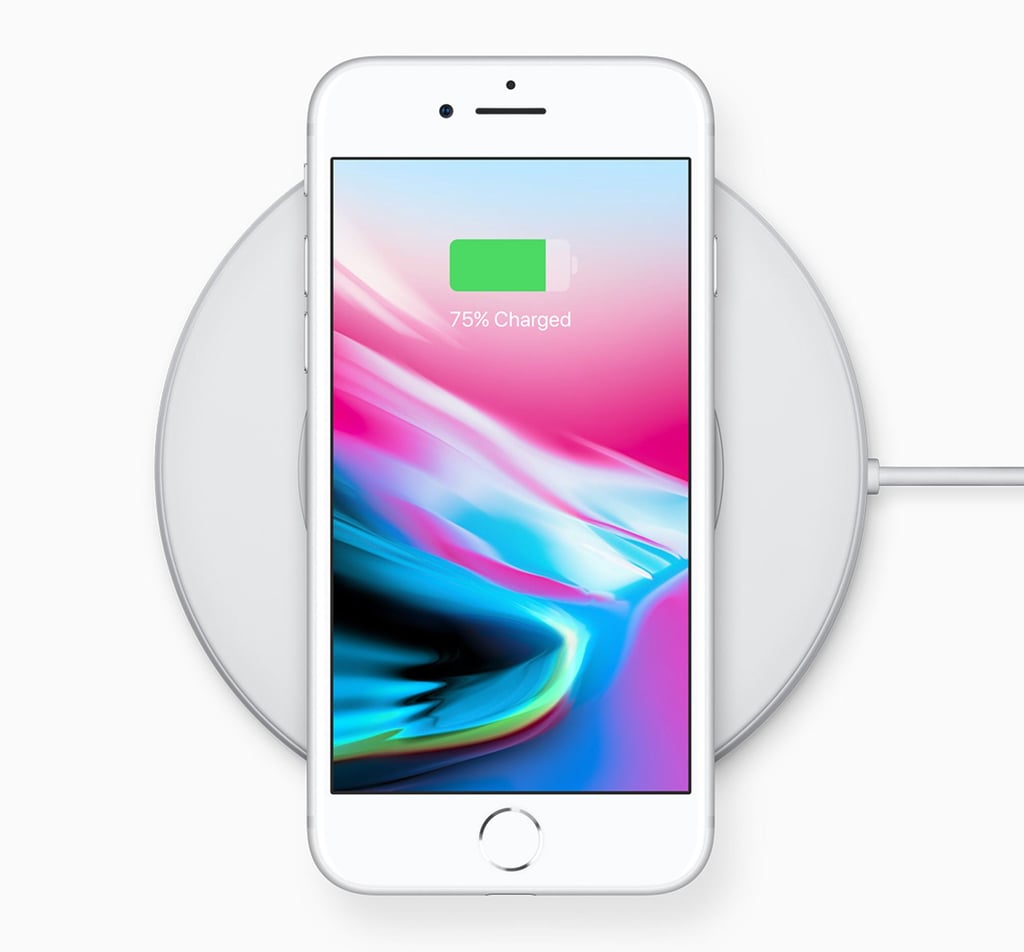China’s new radio frequency rules will block the sale of some wireless chargers from Apple

China’s new radio frequency rules will block the sale of some wireless chargers from Apple
Chinese regulators plan to ban sales of certain types of wireless chargers, including some from Apple, in the latest example of growing compliance risks for foreign electronics products in China.
The updated radio frequency management regulations from China’s Ministry of Industry and Information Technology, which come into effect on September 1, state that only three frequency bands will be recognised for mobile and portable wireless charging equipment: 100-148.5kHz, 6765-6795kHz, and 13553-13567kHz. In addition, rated transmission power shall not exceed 80W.
The new rules aim to “avoid harmful interference of radio operations”, such as radio communications in the aviation industry, and “maintain the order of airwaves”, according to the provisions. The rules are expected to impact Apple’s wireless charging products, since the company’s 15W wireless charging feature is based on the Apple-owned MagSafe and Qi2 standards, both of which operate at 360kHz, a frequency that is out of the allowed range.
With the implementation of the new rules, local production or importation of wireless charging devices that do not meet the updated requirements will not be allowed. However, it will not impact the use and sale of such products before September 1, according to the provisions.
MagSafe, Apple’s proprietary magnetic charging technology, has been widely adopted in the iPhone 12 and subsequent models. Similar to MagSafe, Qi2 is an upgraded version of the Qi interface standard designed by the Wireless Power Consortium, a global open standards development group, that can be used to wirelessly charge iPhone 8 or later models and other mobile devices.

At present, Apple’s iPhone only supports wireless charging gear using 7.5W-rated transmission power, which works at the 127.7 kHz operating frequency, according to Apple’s website in China, which means charging time will be much longer compared to devices with higher transmission power.
Apple will hold its biggest product launch of the year on September 9, when the company is expected to unveil its latest iPhone 16 models, as well as Apple watches and AirPods.
The California-based tech giant is betting on artificial intelligence (AI) features to drive the next round of iPhone growth, but uncertainties remain over the deployment of Apple Intelligence to China, where the government imposes stringent regulations on AI.

Source link

